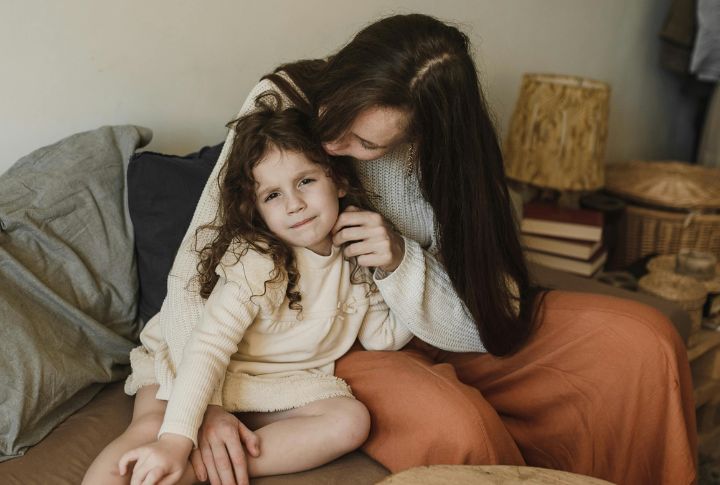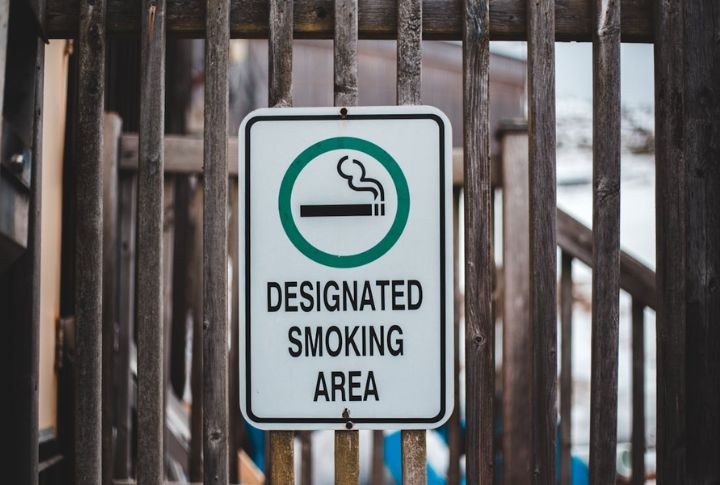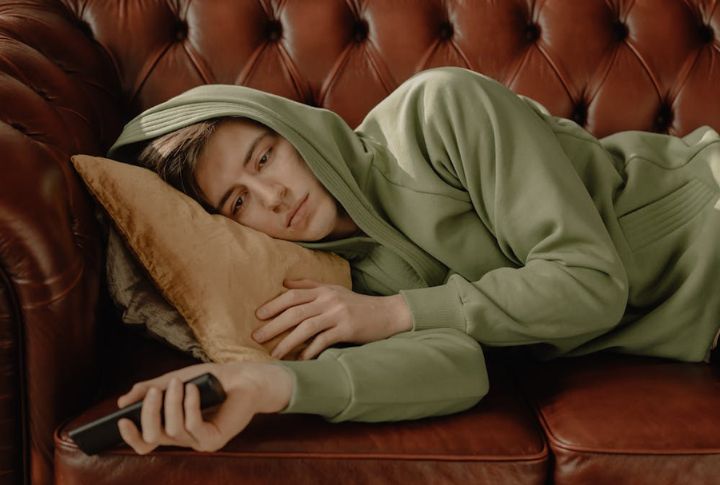
America loves to pat itself on the back for being forward-thinking, yet plenty of old social rules still cling like gum to a shoe. Some are leftovers from a time when rotary phones ruled, others just refuse to fade no matter how much society evolves. They slip into daily life so quietly, most people don’t even notice them. But once you start spotting these outdated expectations, you can’t unsee them—and that’s when change really starts.
Rigid Gender Roles

For generations, society has boxed men as providers and women as homemakers, creating invisible barriers that limit individuality. This expectation still lingers, discouraging men from showing vulnerability and women from pursuing ambitious goals.
Pressure To Marry Young

Many still believe there’s a perfect age to get married and that crossing that invisible deadline signals failure or incompleteness. Such a norm fuels stigma against singles or child-free adults over 30, labeling them as “spinsters” or “bachelors,” as if relationship status defines worth.
Tipping Culture

In America, tipping is expected almost everywhere, but it often places an unfair burden both on customers and service workers. Employers also underpay staff, relying on tips to fill the wage gap, leaving workers vulnerable. Customers face confusing and guilt-inducing expectations.
Overworking As A Virtue

Long work hours and nonstop “hustling” have become badges of honor, trapping many in the belief that rest is weakness. Those who take breaks or use sick days may be judged as lazy, while self-worth gets tangled with job titles and endless productivity.
College Being The Only Path To Success

Since high school, many Americans have been told a four-year university is the “one true way” to succeed, casting skilled trades, vocational schools, community colleges, and gap years as second-best. Intelligence gets equated with the prestige of a college’s name, driving students into costly debt for a narrow vision of success.
“Boys Will Be Boys” Attitude

This phrase still echoes in homes and schools, excusing rough or inappropriate behavior as “just how boys are.” It minimizes bullying and emotional immaturity, creating spaces where harmful actions go unchecked and victims are blamed. Turns out, encouraging boys to bottle feelings or tolerate “locker room talk” harms everyone.
Stigma Around Mental Health

For too long, mental health struggles were swept under the rug or seen as signs of weakness. Therapy was stigmatized, and anxiety or depression symptoms were minimized or ignored. Such an outdated norm paints mental illness as personal failure rather than a health issue deserving compassion and care.
Strict Dress Codes

Rigid dress expectations continue to police appearance, disproportionately targeting women and girls with rules about modesty, makeup, or even bra-wearing. Negative attitudes toward tattoos, piercings, vivid hair colors, or “casual” attire also ignore personal expression and evolving cultural norms.
Insistence On Traditional Family Structures

The idealization of nuclear, heterosexual families still shapes expectations, marginalizing anyone who doesn’t fit that mold. LGBTQ+ people often face pressure to hide relationships. The assumption that every family must have children also excludes many who choose otherwise or cannot.
Avoiding Conversations About Money

Money talks remain taboo in many personal relationships, fostering secrecy that feeds wage gaps and financial stress. Many shy away from sharing salaries or teaching children about budgeting and investing. Labeling these conversations as “rude” or “greedy” keeps essential information locked away.
“Children Should Be Seen And Not Heard”

The old saying that kids should be silent in public and obedient at all times still echoes in some homes and communities. This stifles curiosity and the healthy development of confidence. Children’s emotions and viewpoints are also often dismissed, labeling assertiveness as disrespect.
Privacy And Personal Boundaries Disregarded

Family dynamics and social etiquette assume that personal boundaries are flexible for the sake of closeness, leading to invasive questions and sharing private information without consent. Even children are sometimes expected to tolerate physical affection or intrusions that make them uncomfortable.
Fixation On Physical Appearance

Society’s narrow ideals about body shape, beauty, and age still weigh heavily, especially on women. The pressure to “always look put together” and the sting of age shaming create unrealistic and damaging standards. Fatphobia and weight-based bullying further devalue diverse bodies.
Smoking And Alcohol In Social Settings

“Social smoking” is normalized, and non-drinkers often face criticism or exclusion. Drinking games and peer pressure can also lead to uncomfortable, even harmful situations. The idea that designated smoking areas are a “right” ignores health and comfort for others.
Privacy Invasion Via Social Media

The impulse to share personal milestones or even strangers’ images without consent has become a common, yet troubling, norm. Oversharing grief or private news can overwhelm both sharers and viewers. Tagging locations, “checking in,” or posting without permission violates boundaries and privacy.
Valuing Busyness Over Connection

Busyness has become a badge of honor, with packed schedules flaunted as status. People who prioritize rest or “do nothing” are often shamed. Instant responses to texts and emails are expected, while multitasking dominates even leisure time. This norm equates constant activity with value.
“Boys Don’t Cry” And Emotional Stoicism

The tired “boys don’t cry” message discourages boys and men from showing vulnerability. Emotional openness gets mocked, replaced with “man up” commands that punish sensitivity. Without healthy male role models for expressing feelings, many grow up emotionally stifled.
Mandatory Thank-You Cards

Handwritten thank-you cards have long been expected for every gift or event, with digital notes or verbal thanks seen as less sincere. This creates an extra burden after celebrations like weddings, turning gratitude into a performative task. When etiquette outweighs genuine feeling, thank-yous lose their heart.
The Customer Is Always Right

Such a phrase has empowered customer entitlement, allowing rudeness and disrespect toward service workers to thrive. Bad behavior is forgiven if it is accompanied by spending and prioritizing customer satisfaction over employee well-being. Policies get bent to avoid conflict, often at workers’ expense.
Traditional Table Manners And Etiquette

Outdated rules like “no elbows on the table” or using multiple utensils often overshadow the joy of sharing meals. Policing minor behaviors stifles comfort and connection, while ethnic or immigrant eating customs are unfairly criticized. Holding onto rigid dining etiquette ignores food’s cultural diversity and social warmth.

